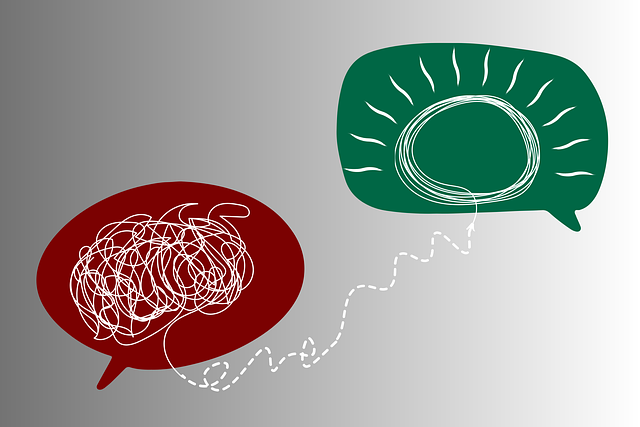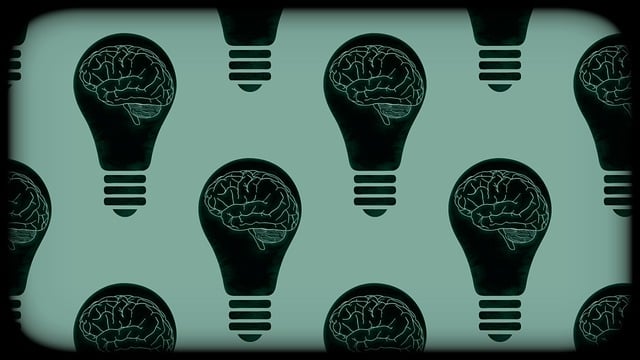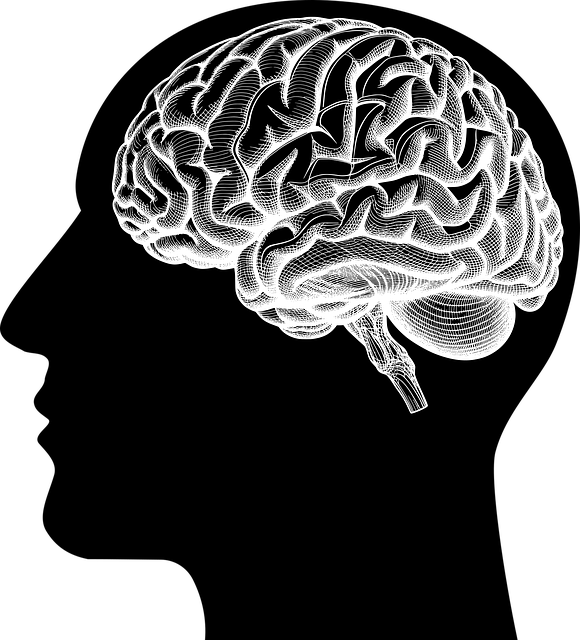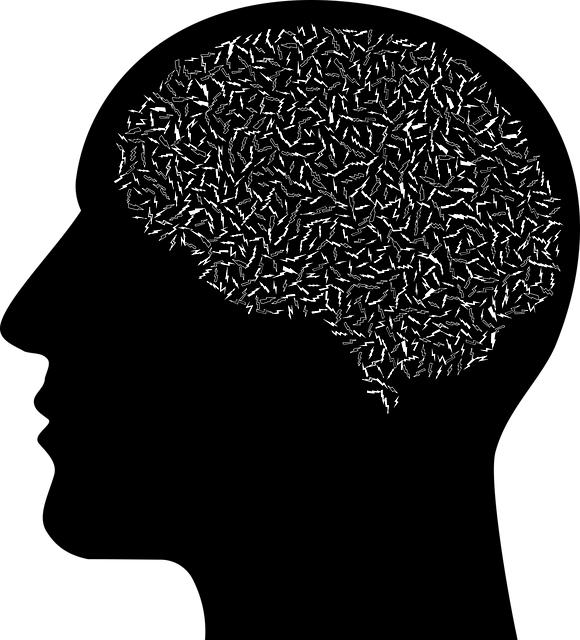The media shapes societal views on mental health, with accurate representations fostering empathy and reducing stigma, while negative portrayals perpetuate marginalization. Arvada Chronic Illness Therapy advocates for a comprehensive Mental Health Policy Analysis to counter harmful stereotypes through media narratives. They empower individuals with Inner Strength Development programs and initiate Mental Illness Stigma Reduction Efforts to create an inclusive environment where media promotes healthier mental health understanding. By collaborating with experts, media creators can challenge negative stereotypes, educate the public through media literacy initiatives, and ultimately foster more supportive communities for those facing mental health challenges.
Mental illness representation in media significantly influences public perception and understanding. This article explores the impact of media portrayal on mental health attitudes, highlighting the need for accurate and empathetic depictions. We discuss strategies for responsible media representation, emphasizing the importance of diversity, authenticity, and avoiding harmful stereotypes. Furthermore, we introduce Arvada Chronic Illness Therapy as a pioneering initiative challenging these stereotypes through media literacy programs, fostering more nuanced public discourse on mental health.
- Understanding the Impact of Media Portrayal on Mental Health Perception
- Strategies for Accurate and Empathic Representation in Media
- The Role of Arvada Chronic Illness Therapy in Challenging Stereotypes Through Media Literacy
Understanding the Impact of Media Portrayal on Mental Health Perception

The media plays a significant role in shaping societal perceptions about mental health, often influencing how individuals understand and respond to various conditions. Accurate and compassionate representation can foster empathy, reduce stigma, and encourage those struggling to seek help. Conversely, negative or stereotypical portrayals can perpetuate misconceptions, leading to further marginalization of people with mental illness. This is particularly relevant when discussing chronic conditions in Arvada Chronic Illness Therapy settings, where media influence can impact how patients perceive their own experiences and the support they receive.
A thorough Mental Health Policy Analysis and Advocacy is essential to understanding these dynamics. By examining media narratives, we can identify harmful stereotypes and advocate for more accurate representations that reflect the diversity of mental illness experiences. Inner Strength Development programs can empower individuals to challenge negative portrayals and promote positive change. Additionally, focused Mental Illness Stigma Reduction Efforts can help create a more inclusive environment, ensuring that media contributes to a healthier understanding of mental health rather than perpetuating existing societal barriers.
Strategies for Accurate and Empathic Representation in Media

Media plays a significant role in shaping societal perceptions and understanding of mental health issues. To challenge negative stereotypes and promote accurate representation, content creators should adopt strategies that foster empathy and nuance. This involves collaborating with experts like those from Arvada Chronic Illness Therapy to ensure storylines are authentic and reflective of real-life experiences. Portraying characters with mental health struggles as complex individuals with unique strengths and weaknesses helps combat stigmatization.
Incorporating positive thinking and emotional well-being promotion techniques into narratives can also be beneficial, showcasing healthy coping mechanisms and resilience. Additionally, developing mental wellness coaching programs that are accessible and representative of diverse communities can further enhance the impact of media. By employing these strategies, media outlets have the potential to contribute to a more empathetic and informed society, ultimately improving support systems for individuals dealing with mental health challenges.
The Role of Arvada Chronic Illness Therapy in Challenging Stereotypes Through Media Literacy

Arvada Chronic Illness Therapy plays a pivotal role in challenging stereotypes surrounding mental health through media literacy initiatives. By educating individuals on how media shapes public perception, the therapy provides valuable tools to recognize and combat negative portrayals of mental illness. Through workshops and awareness campaigns, Arvada Chronic Illness Therapy equips people with the emotional intelligence needed to critically analyze media content. This enables them to challenge stereotypes that often contribute to stigma and misconceptions about conditions like depression.
The approach goes beyond simply raising awareness; it fosters positive thinking by promoting understanding and empathy. By learning about different mental health experiences, individuals can better appreciate the complexity of these issues. Moreover, such literacy empowers people to actively participate in conversations around depression prevention, encouraging open dialogue that can lead to more supportive communities.
Media plays a powerful role in shaping societal perceptions, and accurate representation of mental illness is an essential step towards fostering understanding and reducing stigma. By adopting strategies that emphasize empathy and authenticity, media creators can challenge harmful stereotypes. Arvada Chronic Illness Therapy serves as a beacon, promoting media literacy and encouraging responsible storytelling to improve mental health discourse. Through collective efforts, we can ensure that media reflects the diverse realities of mental illness, ultimately contributing to a more compassionate and informed society.










